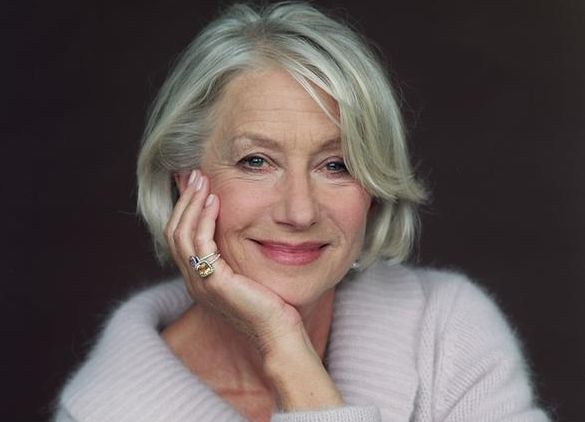Age beautifully? OK. Sounds nice. But how?
You cannot do it unless you start practicing really early. There is no way you can decide in your 50s that it would be so much nicer to age with dignity. When it will actually happen, it will be too late to put the „aesthetics” before the function.
You hoped for a successful „paradigm shift”, but what you actually get when you look in the mirror is just a less convincing version of yourself.
The truth is, the older you get, the less reasonable you become. You will “naturally” start losing precision not only in gestures, but also in thoughts and in goals. You become more and more confused and your confusion will make the younger ones suspect you have no privileged access to any mysteries of life. Now you are not only old, you are also stupid. And scared too.
Professionally, you are paralyzed. It looks like the great work you have had in your maturity years does not back up your present work. Because of your inability to project yourself in the future, the present becomes a swamp that swallows you whole. Actually your whole life – lived in the present – becomes a swamp! The Present is a monster that feeds on your soul.
Less metaphorically put, there seems to be a tension between what you have done and what you do. This tension between then and now will turn against you the moment you fail to manage it wisely. Truth is, the moment you realize the future starts to narrow down, you panic and start fumbling with options, objects and desires.
There is, perhaps, only one way to start aging beautifully: to become enormously selective. Learning the concision, striving for precision. In every counter-intuitive manner imaginable.
(Foto: bafta.org)

